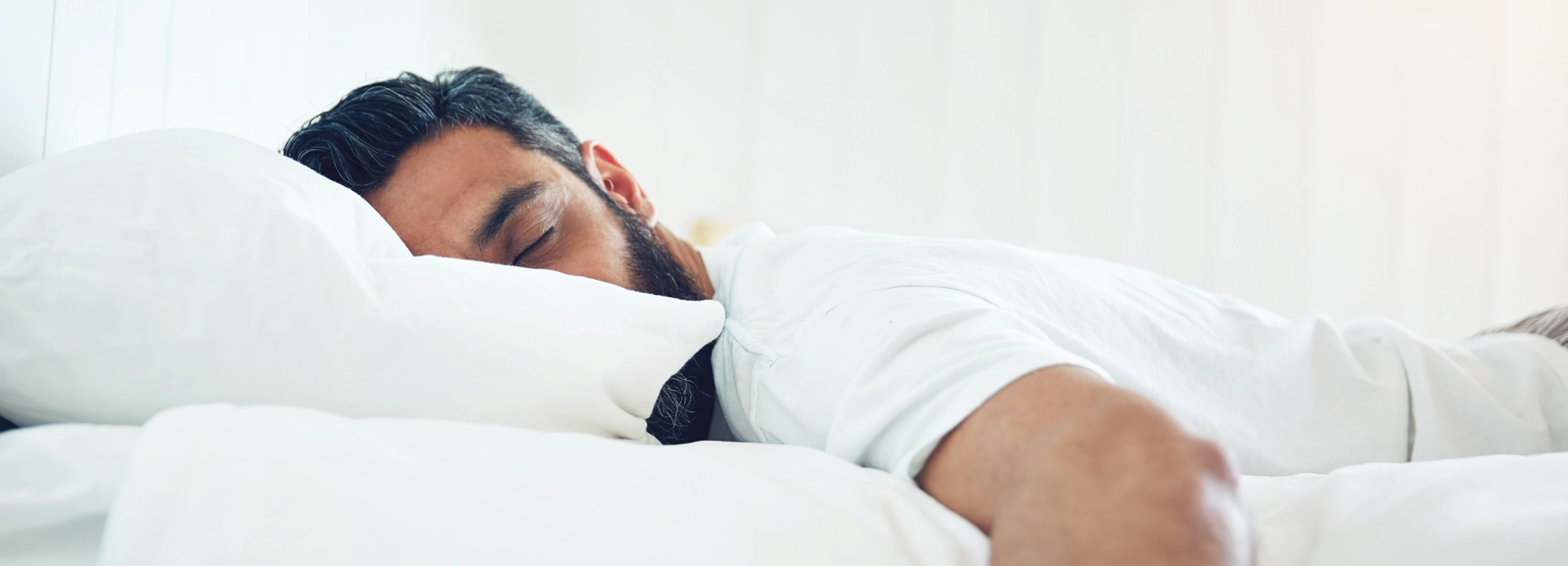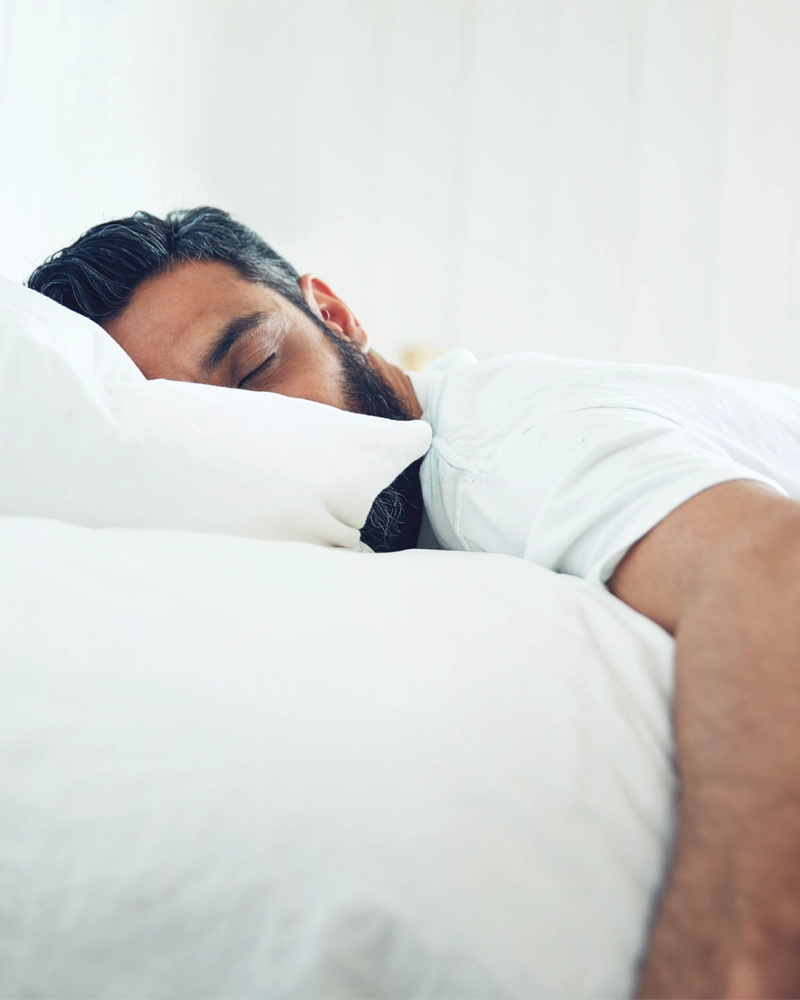Taping your mouth while sleeping: Is the silence worth the risk?
We get it – snoring can rob you or your loved one of much-needed rest. And when we don’t get to recharge, we can become desperate for some relief. The latest internet trend suggests taping your mouth shut will silence snoring.
What’s the theory?
Keeping your mouth closed will force you to breathe through your nose and eliminate snoring. There are a lot of negative side effects that can come from mouth breathing, including:
- Dry mouth
- Cavities
- Gum disease
- Bad breath
Unlike breathing from your mouth, nose breathing filters dust and harmful allergens. While nose breathing may be the healthier alternative to mouth breathing and does help mitigate snoring, there’s a big “BUT” here. To date, all the reported benefits of mouth taping have not been extensively researched, so side effects have not yet been full studied. And, there are quite a few concerning health risks that are associated with the trend, including lip and skin irritation, disrupted sleep, and anxiety. It’s even been found to block airways when sleeping.
Alternatives to mouth taping
- Change your sleeping position. If you’re used to sleeping on your back, try sleeping on your side instead.
- Treat your allergies. If you have allergies, work with your physician to control symptoms. You might find that you can breathe a lot easier once your nose is no longer congested.
- Talk to your physician. If snoring is keeping you up at night, make sure you or your loved ones talk to a physician. There are many safe ways to treat snoring.
The verdict
In a world of quick fixes and online hacks, it’s tempting to reach for that roll of tape. But remember, mouth-taping comes with risks. If snoring is disrupting your sleep, it might be time to consult a medical professional who can provide safe and effective solutions. Sleep soundly and always think twice before following the latest trend.
Your winter smile list: 10 ideas to bring warmth to your winter
From cutting out snowflake decorations to bowling the perfect strike, here are ten great ideas for beating the wintertime blues.
Dental hygiene for travel
Whether you’re visiting family or jetting off to sandy beaches, here are some tips to keep up your dental hygiene habits while traveling.
Could good oral hygiene lower your risk for dementia?
A recent review of several studies looked at potential links between brain health and advanced gum disease. This is what it found.








